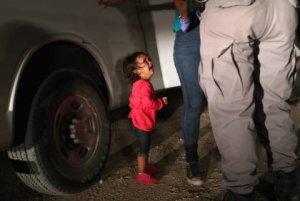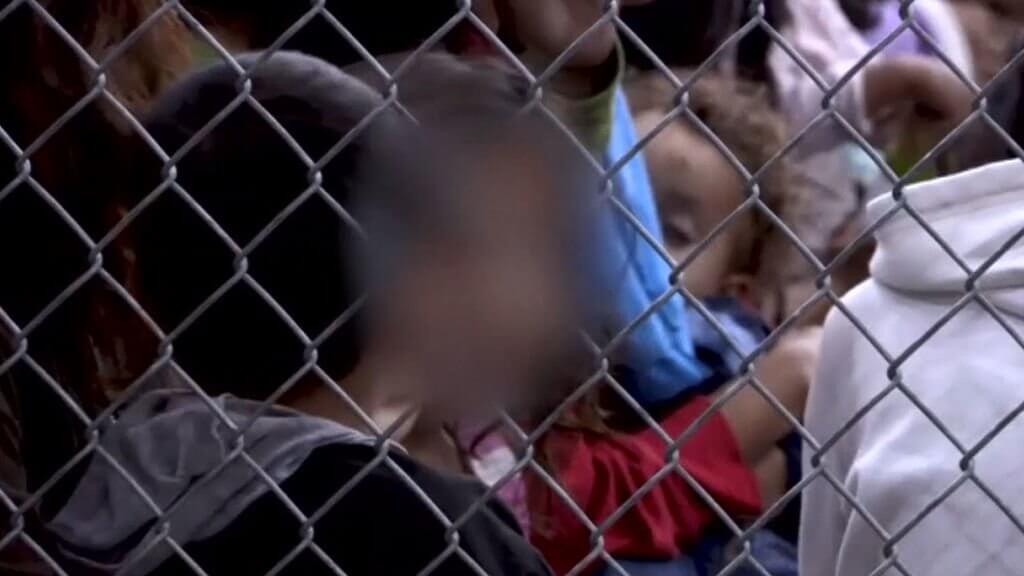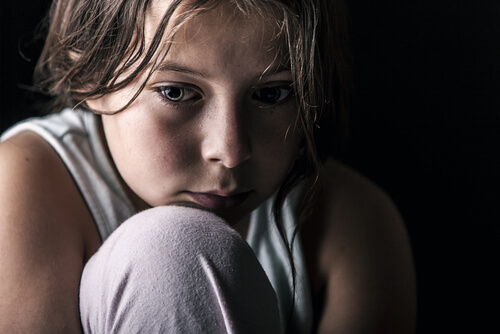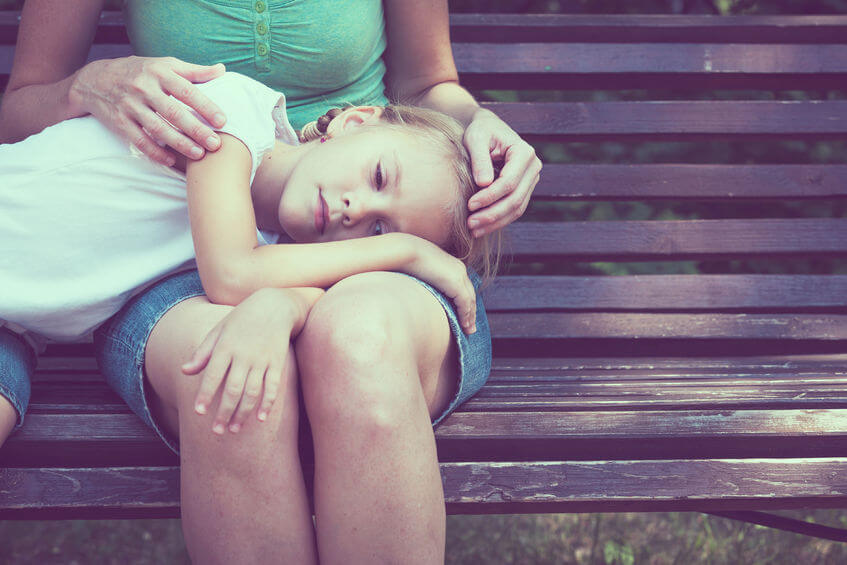The Pain of Separation: Togetherness as a Fundamental Right


Written and verified by the psychologist Valeria Sabater
A child never forgets being separated from their parents. This pain of separation is so heartbreaking that it can cause an irreparable scar and plague the child for a lifetime. This is what the little ones who have been abruptly and violently separated from their parents on the U.S. Mexican border feel.
In mid-June, newspapers from around the world displayed several photos and videos of the Rio Grande Valley in Southern Texas. The U.S. government erected a number of facilities to house children separated from their parents. In these facilities, dozens of children cry and ask for their families through metal cages. These images display the most inhumane and cruel side of the human race.
They were the children of Central American immigrants who had entered the county illegally. Although these children were innocent, they suffered a very harsh punishment. They were violently separated from their parents. The fact is that, since May of this year, over 2,000 children have been separated from their mothers and fathers by the U.S. government. This separation comes as part of the “zero tolerance” policy of illegal immigration initiated by President Donald Trump.
Although the President rescinded the policy of separation due to social pressure, many children still haven’t been reunited with their families. Experts in child psychology say that the damage has already been done. The wounds left by such a traumatic experience are permanent in many cases.

The pain of separation: A permanent scar
The picture at the beginning of this article has traveled the world. It accurately depicts what the pain of separation looks like. The anguish and bewilderment in the child’s face speak volumes. She is a two-year-old Honduran girl. The authorities arrested her along with her mother on the border. Fortunately, this child remained with her mother but she still felt the threat presented by the authorities. She surely saw the anguish and fear in her mother’s face when they were apprehended.
For more than 70 years, psychologists have studied the effects of trauma on the minds of children. It’s a known fact that nothing affects the physical, neurological, and emotional development of a child more than separating from their parents, whether it be temporary or permanent. Many of the 2,000 displaced children were separated from their parents violently, which is the worst possible way for it to happen.
Violence intensifies the impact of the trauma. We know that after these separations, the children go through three stage: protest, despair, and detachment. Once they enter the detachment stage, they don’t care if you feed them or not or if you meet any of their physical needs. The void left by the absence of that familiar figure that provides affection, security, and attention leaves the child in a state of absolute helplessness.

Anguish: The beginning of pain
The pain of separation comes from an indisputable source: anguish. Nature programmed humans to respond in this way. When we’re separated from our main social nucleus, we experience many different emotions. Stress, fear, and uncertainty are among the top three. All of these feelings define emotional anguish. It doesn’t even matter if they were bad parents. Separation from them still puts children in a state of absolute despair.
Little by little this sustained anguish alters the physiology of a child. Stress hormones such as cortisol begin to wreak havoc on an immature organism. The brain of a growing child is where the trauma will consolidate in the mind.
Togetherness is a fundamental human right
No child should experience a traumatic separation from their parents. Given the continuous migratory pattern of humans around the world, we need to establish an essential policy: family grouping. We can’t forget what these children have already been through. They left their homes and their familiar surroundings for a trip that is neither easy nor comfortable.
If we add separation to the mix, the impact is devastating. Children who have serious psychological disorders will grow into adults with those same disorders. A mentally unstable adult is much more dangerous than a child. This is why need to make family togetherness a fundamental right that should never be broken between a child and their parents.

After all, as John Bowlby said, a young child does not yet know what death is, but they know what the absence of a mother or a father is. If the only people who can meet their needs aren’t there, the anguish brought on by the separation will be traumatic. Thus, a wound will open that is very hard to heal and perhaps never will.
This text is provided for informational purposes only and does not replace consultation with a professional. If in doubt, consult your specialist.








